Introduction
Welcome to frugaldude.org, where we explore the many ways to live a frugal lifestyle. Today, I want to discuss a topic that not only saves you money but also contributes to a sustainable future: solar energy. Investing in solar energy is not just a wise financial decision; it’s a way to reduce your carbon footprint and save on future expenses.
What is solar energy?
Solar energy is the conversion of sunlight into usable electricity by utilizing solar panels. These panels contain photovoltaic cells that absorb photons from the sun’s rays and convert them into direct current (DC) electricity. This clean and renewable energy source can power homes, businesses, and even entire communities.
Why is solar energy a frugal investment?
Investing in solar energy can significantly reduce your monthly electricity bills. By harnessing the power of the sun, you can generate your own electricity and become less dependent on the grid. This means lower utility bills and more savings in the long run. Additionally, solar panels require minimal maintenance, making them a cost-effective option for homeowners and businesses alike.
Why is solar energy important for future savings?
As we confront the growing concerns of climate change and depleting fossil fuels, transitioning to renewable energy sources like solar power is crucial. By investing in solar energy, you not only secure your own savings but also contribute to a sustainable and greener future for generations to come. Solar energy reduces our reliance on non-renewable resources, lowers greenhouse gas emissions, and helps combat climate change.
solar energy offers a frugal and sustainable solution that benefits both your wallet and the environment. With the potential for substantial long-term savings and a reduced carbon footprint, investing in solar energy is an excellent choice for individuals and communities looking to make a positive impact. Start your journey towards a brighter and greener future by considering solar energy as a valuable investment today.
Benefits of Solar Energy
Reduction in electricity bills
As a frugal individual, finding ways to save money on monthly expenses is always a priority for me. One of the major benefits of investing in solar energy is the significant reduction in electricity bills. By harnessing the power of the sun, solar panels can generate electricity that can power your home or office. This means that you can rely less on traditional energy sources and avoid hefty electricity bills each month. With solar energy, you can save a substantial amount of money in the long run and allocate those savings towards other important aspects of your frugal lifestyle.
Investment in a long-term sustainable energy source
When it comes to considering long-term investments, it is crucial to prioritize sustainability. Solar energy offers just that – a reliable and sustainable energy source. Unlike fossil fuels that are finite and depleting resources, the sun is an abundant source of energy that will continue to shine for billions of years. By investing in solar energy, you are securing a clean and renewable energy source for the future. This ensures that you will always have access to affordable electricity without negatively impacting the environment.
Decreased reliance on fossil fuels
By transitioning to solar energy, you can reduce your dependence on fossil fuels. Traditional energy sources, such as coal and natural gas, not only contribute to air pollution but also have a detrimental impact on the planet. By harnessing solar power, you are taking a step towards a more sustainable future by reducing greenhouse gas emissions and combating climate change.
Environmental benefits
Solar energy is a clean and renewable energy source that has numerous environmental benefits. Unlike traditional energy sources, solar panels do not release harmful pollutants or greenhouse gases when generating electricity. By choosing solar energy, you are contributing to cleaner air, reduced water pollution, and a healthier ecosystem for future generations.
Investing in solar energy not only makes financial sense, but also aligns with a frugal and sustainable lifestyle. With reduced electricity bills, a reliable and sustainable energy source, decreased reliance on fossil fuels, and environmental benefits, solar energy is a wise choice that ensures future savings while protecting the planet. So why not embrace solar energy today and start reaping the rewards?
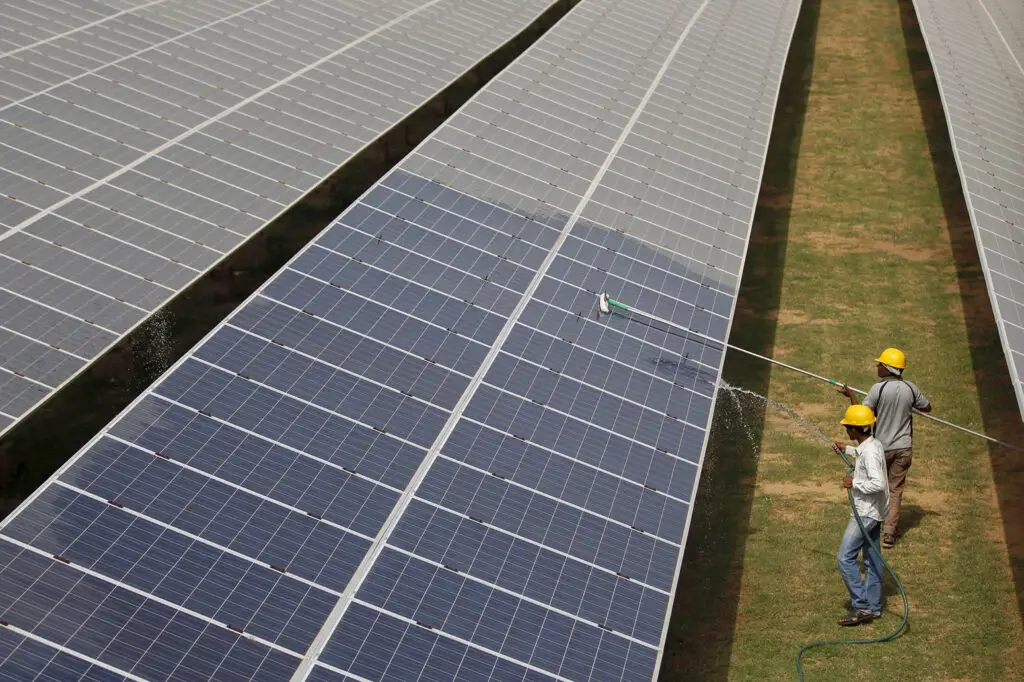
Cost Considerations
Investing in solar energy is a smart decision that not only promotes sustainability but also offers long-term financial benefits. In this section, I will break down the various cost considerations related to solar energy, providing you with valuable insights into the initial investment, government incentives, return on investment, and maintenance costs.
Initial investment and installation costs
The initial investment for solar energy can vary depending on several factors such as the size of your property and your energy needs. Generally, installing solar panels can range from several thousand dollars to tens of thousands. However, keep in mind that this is a one-time expense that will pay off in the long run. Additionally, the installation costs can be significantly reduced by taking advantage of local incentives and financing options.
Government incentives and tax credits
Many governments worldwide offer attractive incentives and tax credits to homeowners who invest in solar energy. These incentives can significantly lower the overall cost of installation, making it more affordable for individuals who may have been hesitant to make the switch initially. It is essential to research and understand the local government policies regarding solar energy to benefit from these financial advantages.
Return on investment (ROI) and payback period
One of the most exciting aspects of solar energy is the potential for a high return on investment. Over time, the savings on your electricity bills will begin to offset the initial installation costs. The payback period, which is the amount of time it takes to recover your initial investment, can range from five to fifteen years, depending on various factors such as energy consumption and local electricity rates.
Maintenance and operational costs
Contrary to popular belief, solar panels require minimal maintenance. Regular cleaning and inspection are necessary to ensure optimal performance, but the costs associated with upkeep are relatively low. Most solar panels have a lifespan of 25 years or more, making them a reliable and long-lasting investment.
while the initial investment for solar energy may seem daunting, the long-term financial benefits and sustainability make it a wise and frugal investment. With government incentives and tax credits, a high return on investment, and low maintenance costs, investing in solar energy is an excellent choice for future savings. Don’t miss out on this opportunity to save money while reducing your carbon footprint!
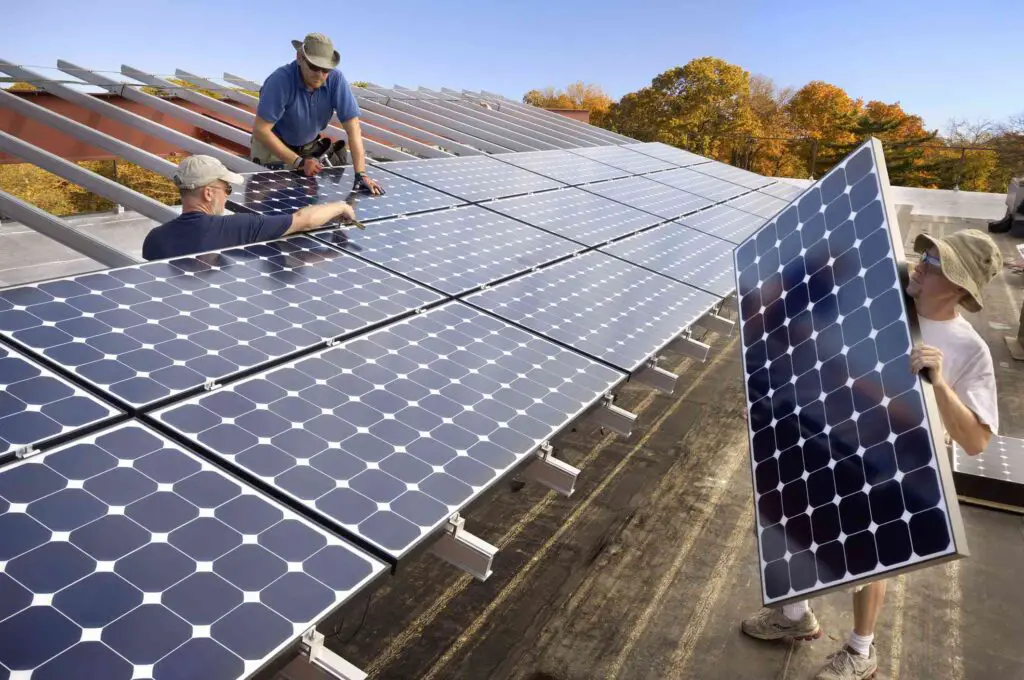
Types of Solar Energy Systems
Solar energy is a frugal and sustainable investment that holds immense potential for future savings. By harnessing the power of the sun, we can significantly reduce our dependence on traditional energy sources and the accompanying costs. In this article, we will explore the different types of solar energy systems available to homeowners and businesses alike.
Photovoltaic (PV) systems
Photovoltaic systems, also known as solar panel systems, are the most common type of solar energy system. These systems convert sunlight directly into electricity using solar panels made of photovoltaic cells. The electricity generated can be used to power homes and commercial buildings, thus reducing utility bills and saving money in the long run. Photovoltaic systems are known for their versatility and can be installed on rooftops, mounted on the ground, or integrated into buildings.
Solar water heating systems
Solar water heating systems utilize the sun’s heat to provide hot water for domestic and commercial use. These systems typically include solar collectors, which absorb the sun’s energy and transfer it to a liquid or gas within the system. The heated fluid is then circulated to a water storage tank, where it is used to provide hot running water. Solar water heating systems can significantly reduce the need for conventional water heating methods, leading to substantial energy savings.
Concentrated solar power (CSP) systems
Concentrated solar power systems use mirrors or lenses to concentrate sunlight onto a small area, generating intense heat. This heat is then used to generate electricity through steam turbines or other thermal mechanisms. CSP systems are typically used in utility-scale applications and can provide large amounts of renewable energy.
Off-grid vs. grid-tied systems
Off-grid solar energy systems are not connected to the public electricity grid. These systems rely on batteries to store excess electricity for use during times when sunlight is limited or unavailable. On the other hand, grid-tied solar energy systems are connected to the public electricity grid. Any excess electricity generated by the system is fed back into the grid, reducing the homeowner’s reliance on purchased electricity and potentially earning them credits.
Investing in solar energy systems can be a wise and frugal decision for both homeowners and businesses. By understanding the different types of solar energy systems available, individuals can make informed choices based on their energy requirements and budget. Whether it is generating electricity or heating water, solar energy systems offer long-term savings and a sustainable future.
Solar Panel Technology
Solar panel technology has come a long way in recent years, making solar energy an increasingly attractive option for those seeking frugal and sustainable investments for future savings. There are various advancements in solar panel technology that have significantly improved efficiency and output, making it a viable choice for individuals and households looking to reduce energy costs and carbon footprint.
Monocrystalline vs. Polycrystalline Panels
One main consideration when choosing solar panels is the type of material used. Monocrystalline panels are made from a single crystal structure, resulting in higher efficiency and a more uniform appearance. On the other hand, polycrystalline panels are made up of multiple crystals, making them slightly less efficient but more affordable. Understanding the differences between these two types of panels can help individuals make an informed decision based on their specific needs and budget.
Thin-Film Solar Panels
Another option to explore is thin-film solar panels. These panels are constructed using a thin semiconductor material that is applied to a substrate, allowing for flexibility and versatility in their application. While they may not offer the same level of efficiency as traditional panels, they can be particularly useful in certain situations where space or aesthetic considerations are important.
Solar Panel Efficiency and Output
The efficiency and output of solar panels have improved over the years, with manufacturers constantly striving to develop more efficient cells and technologies. Higher efficiency means that the panels can generate more electricity from the same amount of sunlight, maximizing the return on investment. It is essential to consider the efficiency ratings of different panels when selecting the most suitable option for your needs.
Advancements in Solar Panel Technology
Advancements in solar panel technology continue to drive improvements in efficiency, cost-effectiveness, and durability. These advancements include innovations in materials, such as the development of perovskite solar cells, as well as improvements in manufacturing processes. Staying up to date with these technological advancements can help individuals make informed decisions and take advantage of the latest innovations in solar energy.
solar panel technology has witnessed significant progress in recent years, making solar energy an attractive and frugal investment for future savings. Understanding the different types of panels, considering their efficiency and output, and staying informed about technological advancements can empower individuals to make well-informed choices when it comes to harnessing the power of the sun for their energy needs. So why not consider solar energy as a sustainable and cost-effective solution for a brighter future?
Factors to Consider Before Installing Solar Panels
As the demand for renewable energy grows, many homeowners are discovering the benefits of investing in solar panels. Not only is solar energy a sustainable option for powering our homes, but it can also lead to significant savings in the long run. Before jumping into the solar energy bandwagon, however, there are a few important factors to consider.
Evaluation of energy needs
Before installing solar panels, it is crucial to evaluate your energy needs. Take into account your average monthly energy consumption and determine how much of it you want to offset with solar power. By understanding your energy needs, you can determine the number of solar panels required to meet those needs, ensuring optimal efficiency and cost-effectiveness.
Roof suitability and orientation
The suitability and orientation of your roof play a vital role in determining the effectiveness of your solar panels. A sun-exposed, south-facing roof with minimal shading is ideal for solar panel installation. However, even if your roof does not perfectly meet these criteria, there are still options available, such as ground-mounted or adjustable-tilt systems, to maximize solar energy production.
Permitting and regulations
Before installing solar panels, it is essential to familiarize yourself with the permitting and regulations in your area. Each jurisdiction has varying requirements and guidelines for solar panel installations, and it’s important to comply with local laws and regulations. This may include obtaining permits, adhering to building codes, and working with licensed professionals for the installation process.
Choosing a reputable solar installer
Selecting a reputable solar installer is crucial to ensure a successful solar panel installation. Research local solar companies, read customer reviews, and request quotes from multiple providers. Look for installers that are certified and experienced, as they can provide valuable expertise and reliable service.
By considering these factors before installing solar panels, you can make a well-informed and frugal investment for future savings. Take the time to evaluate your energy needs, assess your roof’s suitability, understand local regulations, and choose a reputable installer. With careful planning and the right resources, solar energy can be a sustainable and cost-effective option for powering your home. So why wait? Start harnessing the power of the sun and take control of your energy future.
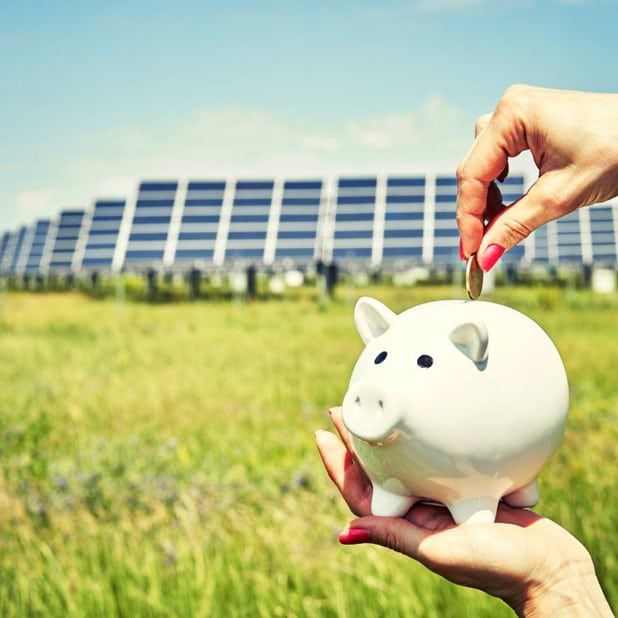
Solar Energy: A Frugal Investment for Future Savings
As I explore ways to live a more frugal lifestyle on my website, frugaldude.org, I can’t help but emphasize the benefits of solar energy. By investing in solar power, you not only save money on your energy bills but also contribute to a sustainable future. In this article, I want to delve into the details of solar energy storage solutions, showcasing how it can provide an effective and efficient way to harness the power of the sun.
Battery storage systems
One of the key components of a solar energy system is the battery storage system. These batteries allow you to store excess energy generated during the day for use at night or during periods of low sunlight. By utilizing battery storage, you can maximize your energy savings by reducing your reliance on grid electricity. With advancements in technology, these batteries have become more affordable and efficient, making solar energy a viable option for many homeowners.
Net metering and excess energy
In addition to battery storage, net metering is another fantastic feature of solar energy. Net metering allows homeowners to receive credits for any excess energy their solar panels produce. These credits can then be used to offset the costs of electricity when the panels are not generating enough power, such as during cloudy or winter months. This means that not only can you save money on your electricity bills, but you can also potentially earn money by selling your excess energy back to the grid.
Integration with smart home technologies
Solar energy can also be integrated with smart home technologies, ensuring that you have full control over your energy usage. By connecting your solar panels to smart home devices, you can monitor and adjust your energy consumption in real-time. This allows you to optimize your energy usage, making your home even more energy-efficient and reducing your overall carbon footprint.
Investing in solar energy is not only a financially savvy decision but also a sustainable one. By exploring the various solar energy storage solutions available, including battery storage systems, net metering, and integration with smart home technologies, you can maximize your savings and actively contribute to a greener future. So why wait? Start embracing solar energy today and enjoy the frugal and sustainable benefits it offers.
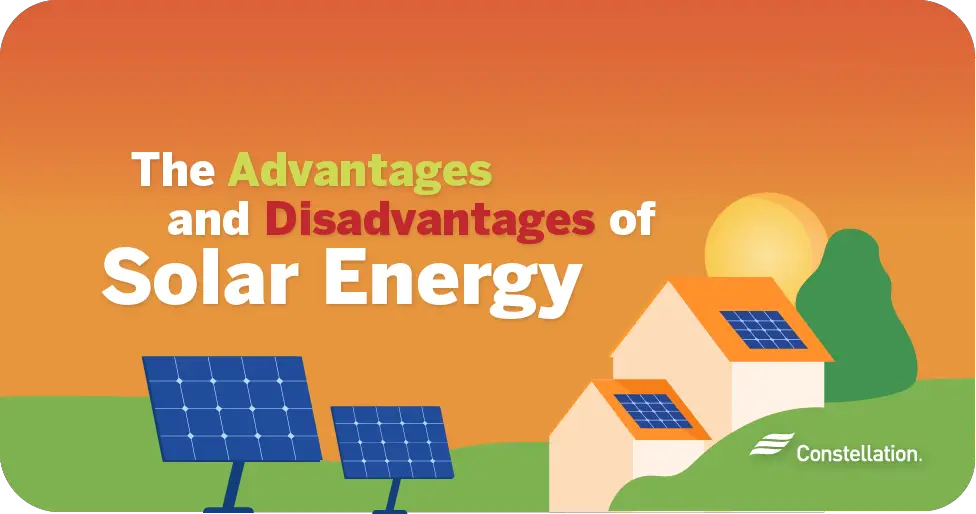
Case Studies
Successful Implementation of Solar Energy Systems in Residential Settings
One of the most compelling reasons why solar energy is a frugal and sustainable investment for future savings is its successful implementation in residential settings. Numerous case studies have shown the positive impact of solar energy on homeowners’ finances and the environment.
For example, in a study conducted by the National Renewable Energy Laboratory, it was found that homeowners who installed solar panels saved an average of $1,000 per year on their electricity bills. Additionally, these homeowners saw an increase in their property value, making their investment in solar energy even more worthwhile.
Furthermore, solar energy systems have proven to be reliable and efficient, with advancements in technology allowing for better energy production and storage. This ensures that homeowners have a constant and sustainable source of electricity, even during times of high energy demand or inclement weather.
Commercial and Industrial Applications of Solar Energy
Solar energy is not limited to residential settings; it has also gained significant traction in commercial and industrial sectors. Many businesses, both large and small, have embraced solar energy to reduce their operating costs and promote sustainability.
The implementation of solar energy systems in commercial buildings has led to substantial savings on electricity bills, enabling businesses to allocate their resources to other areas of operation. Furthermore, businesses that adopt solar energy often attract environmentally-conscious consumers, enhancing their brand image and attracting a wider customer base.
Moreover, industrial applications of solar energy, such as solar farms and solar-powered manufacturing facilities, play a crucial role in reducing reliance on fossil fuels and combating climate change. These large-scale installations generate clean energy on a massive scale, significantly reducing greenhouse gas emissions and the ecological footprint of industries.
solar energy is a frugal and sustainable investment for future savings. Through successful implementation in residential, commercial, and industrial settings, solar energy has proven to be an effective solution for reducing electricity bills, increasing property value, and promoting environmental responsibility. Its widespread adoption not only benefits individuals and businesses financially but also contributes to a more sustainable and greener future.
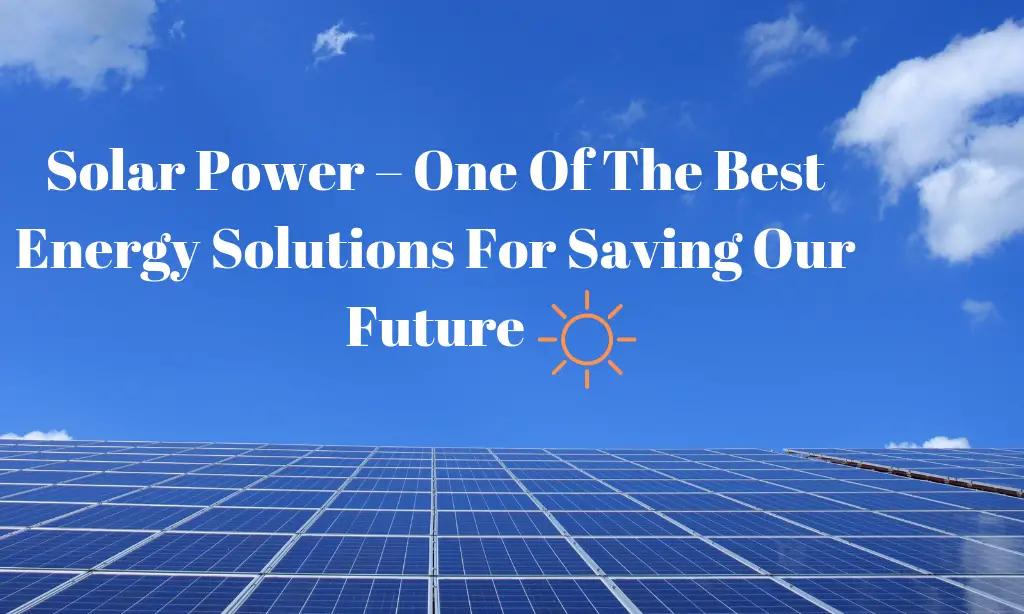
Potential Challenges and Solutions
Intermittency and dependence on sunlight
One of the main concerns when it comes to solar energy is its intermittency, as it relies on sunlight to generate electricity. However, advancements in solar battery storage systems have significantly reduced this problem. These batteries store excess energy produced during the day to be used during nighttime or on cloudy days. Additionally, some regions offer net metering programs, which allow homeowners to sell excess electricity back to the grid, further maximizing the value of solar energy.
Integration with the existing electrical grid
Another important consideration when investing in solar energy is the integration with the existing electrical grid. This is crucial to ensure a seamless transition and efficient use of electricity. Fortunately, most solar energy systems come with inverters that convert the direct current (DC) generated by the panels into alternating current (AC), which is compatible with the grid. By working closely with a knowledgeable solar installer, homeowners can ensure proper integration and avoid any compatibility issues.
Addressing concerns about aesthetics
An aesthetic concern that arises with solar energy installations is the impact on the visual appeal of a property. However, manufacturers have now introduced more aesthetically pleasing solar panels that blend seamlessly with the roof’s design. These panels come in different colors and finishes, allowing homeowners to choose the most suitable option for their property. Additionally, many local governments have implemented policies that streamline the permit process for solar installations, making it easier for homeowners to go solar without compromising the aesthetics of their homes.
Resolving issues related to roof condition and warranty
Some homeowners worry about the condition of their roofs and the impact installing solar panels may have on their warranties. It is crucial to work with a reputable solar company that conducts a thorough roof assessment before installation. Additionally, many solar panel manufacturers offer warranties that accommodate the installation process without voiding the roof’s warranty. By taking these precautions and working with experienced professionals, homeowners can enjoy the benefits of solar energy without concerns about their roof’s condition or warranty.
while there may be some challenges when it comes to investing in solar energy, these can be easily overcome. The advancements in battery storage, integration with the electrical grid, aesthetic options, and safeguards for roof condition and warranty have made solar energy a viable and frugal investment for future savings. By harnessing the power of the sun, homeowners can reduce their reliance on traditional energy sources, lower their monthly utility bills, and contribute to a more sustainable future.
Future Developments in Solar Energy
As the demand for sustainable energy continues to grow, so does the need for efficient and cost-effective solar panels. Fortunately, advancements in solar panel technology have made significant progress in recent years. New materials, such as perovskite, are being used to create more lightweight and flexible solar panels, allowing for easier installation and greater design possibilities. Additionally, researchers are constantly working on improving the efficiency of solar panels, which means that even smaller and more affordable panels can generate a significant amount of electricity.
Integration of solar energy in urban planning
With the move towards greener cities, the integration of solar energy in urban planning has become a common practice. Solar panels are being incorporated into building designs, providing a dual function of generating renewable energy and acting as a protective barrier against the elements. This not only helps to reduce carbon emissions but also creates a more sustainable and energy-efficient urban environment. Moreover, the use of solar energy in urban planning helps to decentralize the power grid, making communities more resilient during power outages.
Community solar projects
Community solar projects are gaining traction as a way for individuals to collectively invest in solar energy. These projects allow multiple households or businesses to share the benefits of a single solar installation. By pooling resources and sharing the costs, participants can enjoy the advantages of solar energy without the need for individual installations. Community solar projects also provide an opportunity for low-income households to access solar power, promoting energy equality and reducing energy costs for those who need it the most.
Emerging markets for solar energy
As solar energy becomes more affordable and efficient, emerging markets around the world are embracing this renewable energy source. Countries with high solar potential, such as India and China, are making substantial investments in solar power infrastructure. Similarly, remote and off-grid communities are utilizing solar energy as a reliable and cost-effective alternative to traditional power sources. This growing demand for solar energy in diverse markets is driving innovation and propelling the industry forward.
the future of solar energy looks promising with advancements in solar panel technology, integration of solar energy in urban planning, community solar projects, and emerging markets for solar energy. These developments not only contribute to a more sustainable future but also provide ample opportunities for frugal investments that can result in significant long-term savings. As we continue to prioritize sustainable practices, solar energy will undoubtedly play a crucial role in shaping a greener and more cost-effective future.
Conclusion
The financial and environmental advantages of investing in solar energy
As I have discussed throughout this article, investing in solar energy is not only a frugal choice but also a sustainable one that can lead to substantial future savings. When it comes to finances, solar energy offers various advantages. Firstly, by harnessing the power of the sun, homeowners can significantly reduce their monthly electricity bills. A solar energy system can generate enough electricity to cover a large portion, if not all, of a household’s energy needs. This translates into immediate financial savings that can add up over time.
Additionally, many governments and utility companies offer incentives and rebates for installing solar panels. These financial incentives, combined with the long-term savings on electricity bills, make going solar an even more cost-effective choice. Furthermore, solar panels require minimal maintenance and have a lifespan of up to 25 years. This means that once the initial investment is made, the cost of maintenance is relatively low compared to other energy sources.
From an environmental standpoint, solar energy plays a vital role in fostering a frugal and sustainable lifestyle. By relying on a clean and renewable energy source, households can significantly reduce their carbon footprint. Solar power does not produce harmful emissions or contribute to air and water pollution, making it a cleaner alternative to traditional fossil fuels. Moreover, solar energy helps reduce dependence on non-renewable resources, such as coal and natural gas, which are finite and contribute to climate change.
The importance of embracing solar energy for future savings
In order to truly embrace a frugal lifestyle and ensure long-term financial stability, it is crucial to consider the advantages of solar energy. By investing in solar panels, individuals can take control of their electricity costs and reduce their dependence on fluctuating energy prices. With solar energy, homeowners can secure their future savings by generating their own clean and affordable electricity. Furthermore, by embracing solar energy, we contribute to a more sustainable future, making a positive impact on the environment and leaving a better world for future generations.
In conclusion, solar energy is undeniably a frugal and sustainable investment that offers both financial and environmental advantages. By utilizing the power of the sun, homeowners can save money on their electricity bills, receive financial incentives, and reduce their carbon footprint. Embracing solar energy is not only a smart financial decision but also a step towards a more sustainable future. So, why not start investing in solar panels today and begin reaping the long-term benefits?
